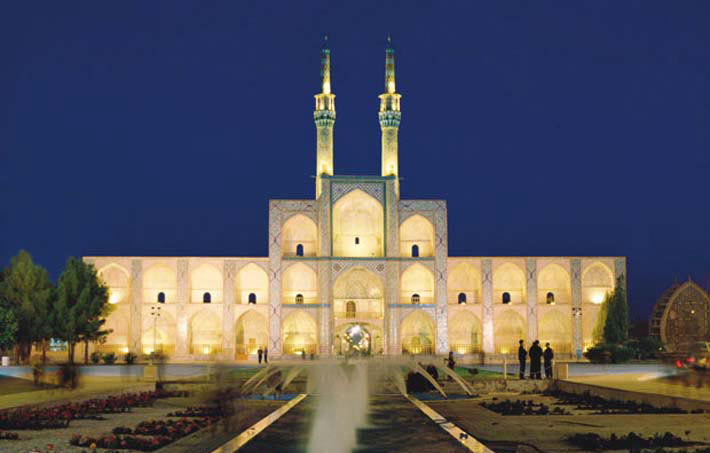
Branden Kartchner
Iran’s official name is the Islamic Republic of Iran and the constitution states that all laws and regulations must be based upon undefined “Islamic criteria.” The official state religion is Ja’afari Shia Islam.
The population of Iran is about 80 million people. Muslims compose 99 percent of the population, of which 90 percent are Shia and 9 percent are Sunni. Although there is no official number, some estimates claim that there are between 2 million and 5 million Muslims that practice Sufism. The remaining 1 percent consists of Christians, Jews, Bahais, Zoroastrians, and Sabean Mandaeans.
The Supreme Leader, who is elected for life, heads a three-branch governmental structure. A group of 86 Islamic scholars known as the Assembly of Experts chooses the elected-for-life supreme leader. The scholars of the Assembly are directly elected every eight years. However, a group known as the Guardian Council, which is composed of twelve members—six of whom are appointed by the Supreme Leader—ensures that all candidates for any elected office are in strict conformity with Islamic law. This supervision includes the Assembly of Experts. A unicameral parliament consisting of 290 seats are elected to serve four-year terms. There are two seats reserved for Armenian Christians, one for Assyrian Christians, one for Jews, and one for Zoroastrians. While the Supreme Leader is the head of state, the head of government is the president, who is elected to four-year terms.
The constitution recognizes three minority religions: Zoroastrians, Christians, and Jews. The government confiscates religious material and Bibles are among the items most frequently taken. Furthermore, despite constitutional guarantees to the contrary, minority religions are frequently refused the right to freely practice their faith. In fact, some minority groups report continuous governmental harassment and surveillance. Muslims are not allowed to convert; if a Muslim fathers a child, the child is deemed Muslim and is not allowed to change his or her faith. Minority religions are not allowed to proselytize.
Bahais are considered apostates and are not allowed to practice their religion. Additionally, Bahais are ineligible to hold positions of leadership in the Iranian government. There is evidence that the government has decided that Bahais “must be expelled from universities” and Bahai children “should be enrolled in schools which have a strong and imposing [Shia Islamic] religious ideology.” Bahais are also banned from the social pension system and are regularly denied compensation for injury or criminal victimization and the right to inherit property.
Sources: